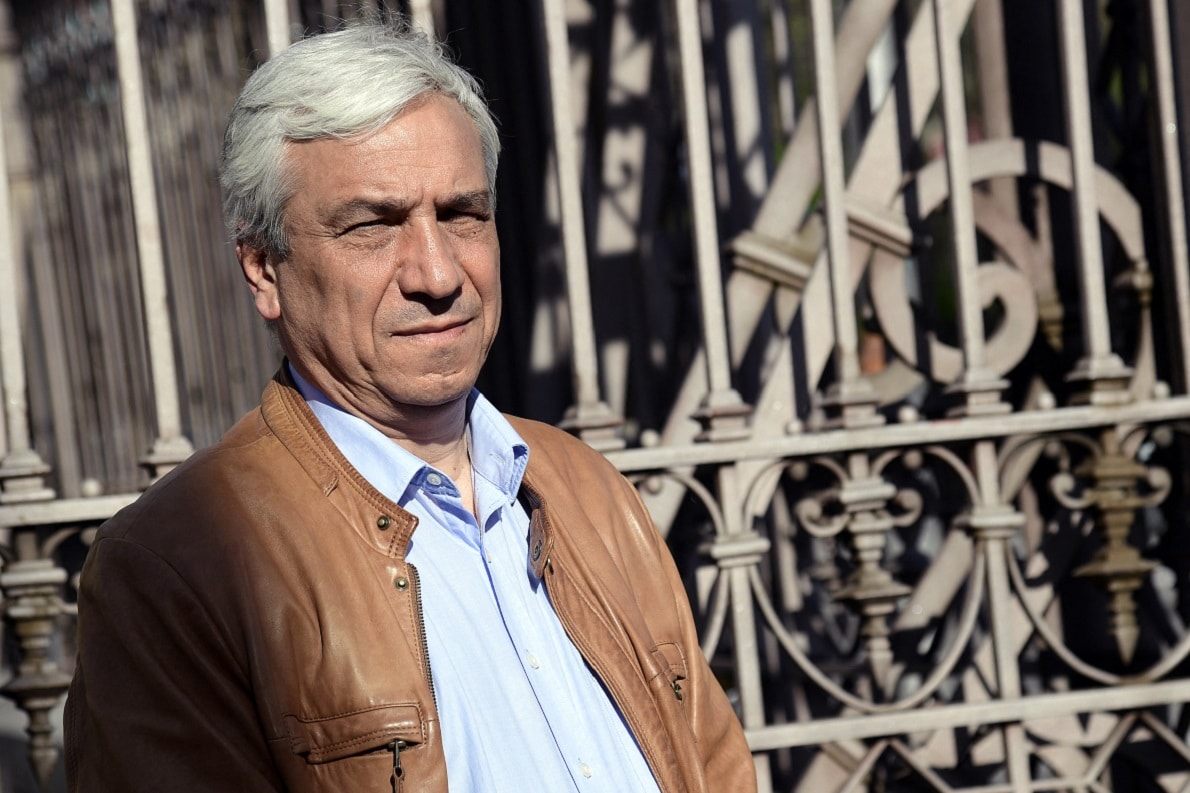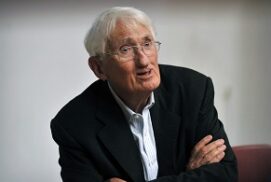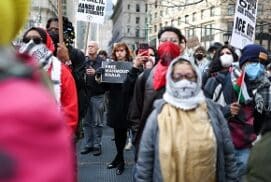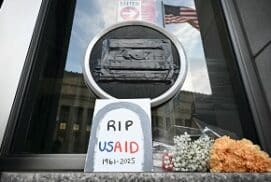Clearly there has never been seamless agreement among the leading national politicians of the West – and, more broadly, of the G7 countries – on their political perspectives; but they have always shared a background understanding of their affiliation to “the” West under the leadership of the United States. This political constellation has disintegrated with the most recent return to power of Donald Trump and the systemic change in the United States that this has set in motion, even if, formally speaking, the fate of NATO remains an open question for the time being. From a European perspective, this epochal break has far-reaching consequences – both for the further course and possible end of the war in Ukraine and for the need, willingness and ability of the European Union to find a redemptive response to the new situation. Otherwise, Europe will also be drawn into the maelstrom of the declining superpower.












